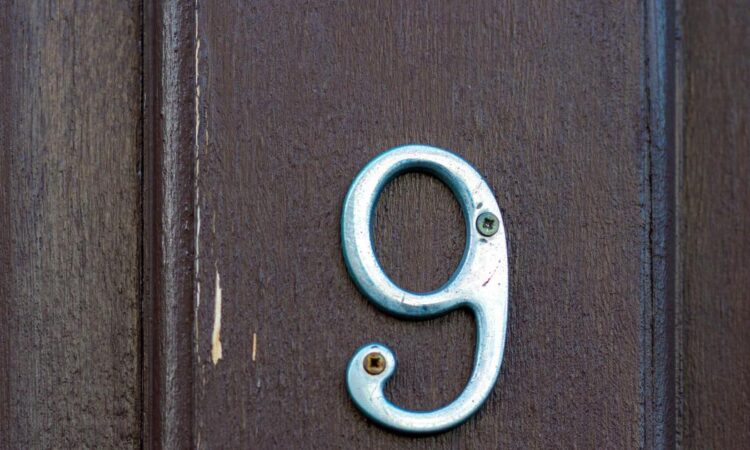
However, a common factor that has been argued for years is whether or not your house number has any bearing at all.
If you’re selling or are just curious, here is what four experts have to say on the matter.
Does your house number affect the value of your property when you’re selling?
The overwhelming consensus among the experts is that your house number can have an impact on your property’s price.
Good Move founder Nima Ghasri said that the right number has the potential to increase the value of a home by a whopping 85%.
While you’d be forgiven for thinking that numbers ‘1’ through ’10’ would prove the most sought-after, the Land Registry actually noted that the most expensive homes had large numbers.
For example, 680, with an average selling price of £904,000, had an uplift of 85.3% when compared to the UK average.

Nima Ghasri added: “Naturally, house prices are flexible, and whilst house number uplifts don’t always correlate, it’s really interesting to see!
“When buying a home, it’s important to consider all aspects that could help you increase that value over your time at the property. For many, features like kerb appeal, including the street and property name, as well as its number, and general aesthetics as a by passer, can play a big role in its ability to sell.”
A study from Topps Tiles appeared to back this theory up, with 281 coming out as their top-performing.
While multiple house numbers saw skyrocketing values, the top-performing house number saw a staggering 512% increase in average value.
This was followed by number 331 and number 457, which both saw a 471% rise.
However, Tim Simmons, Property expert and Sales & Marketing Director at Regency Living, argues that even lower-numbered homes can get a big boost.
He says that homes with the number ‘1’ can see their sale price boosted by around 27%.
He adds that numbers 1 to 10 sell for at least 10% above the national average.
This is because these properties are often older or occupy more desirable positions on the street, such as corners or end plots
In fact, an apartment at 1 Grosvenor Square in Mayfair, London, is one of the most sought-after addresses in the world, selling for an eye-watering £24 million in 2022.
Worryingly, certain numbers can apparently decrease the value of a home, with superstition playing a big part in this.
In Chinese culture, numbers like 4, 14 and 24 are traditionally avoided because they sound similar to the word for death.
While this belief is not widespread in the UK, numbers like 13 can also put buyers off.
Recommended Reading:
Findings from Compare My Move suggest that around 20% of Brits would avoid buying a property with the number 13 in its address.
Around 64% of those put off by a number 13 house believe the number is unlucky, with 51% saying they’d avoid it due to being superstitious.
43% think the number could affect the resale value of the property, and, so, would avoid it to save themselves the hassle later on.
Despite a high number of people avoiding the number 13, the vast majority would not be deterred.



